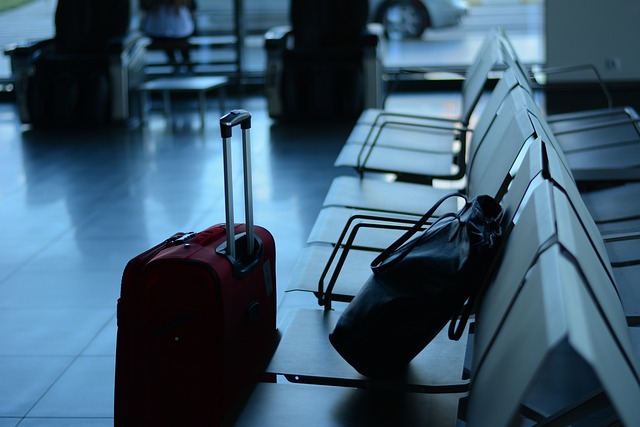-
DSV will replace fossil jet fuel with sustainable aviation fuel for all 2023 business travel
-
The company has partnered with SAS through its Corporate Sustainability Program for the purchase of SAF
-
Obtaining carbon credits, DSV will purchase additional amounts of SAF to compensate for the about 20% emissions that remain after the switch to SAF
DSV is purchasing sustainable aviation fuel (SAF) for all its 2023 business air travel in an effort to reduce its carbon emissions.
“DSV is proud to replace all fossil jet fuel with SAF for all of our 2023 business flights. As one of the world’s largest freight forwarders, we recognize our responsibility to work towards reducing our indirect emissions. Since COVID, we have been able to reduce the amount of business air travel but being a global company with customers and business partners across the world, we cannot eliminate it completely. With this initiative, we seek to lower the impact of our business air travel,” Jens Bjørn Andersen, group CEO of DSV, said in a statement.
By replacing crude oil with renewable oil materials, SAF reduces greenhouse gas emissions by approximately 80% compared to fossil jet fuel.
DSV has directly partnered with Scandinavian Airlines, through its Corporate Sustainability Program, for the purchase of SAF.
“The purchase of SAF for all our business flights is not a fix-all solution. It is, however, a step in the right direction on the path to achieving our sustainability goals,” said Andersen.
With this initiative, DSV makes an active effort to tackle the challenge of reducing its indirect emissions. The expected emissions reduction from the switch to SAF is based on an estimated number of tickets for 2023.
Through quarterly evaluations of its available travel data, DSV will adjust its purchased amounts of SAF to, as precisely as possible, reflect its actual travels. Obtaining carbon credits, DSV will purchase additional amounts of SAF to compensate for the approximately 20% emissions that remain after the switch to SAF. Combined, the CO2 reductions and the compensated emissions will correspond to DSV’s expected emissions from its business air travel in 2023.
“Using 2023 as a pilot year, we are eager to look into the potential for expanding the initiative into the future,” Andersen said.
RELATED READ: DSV delivers US$3.7B profit for ‘eventful’ 2022





